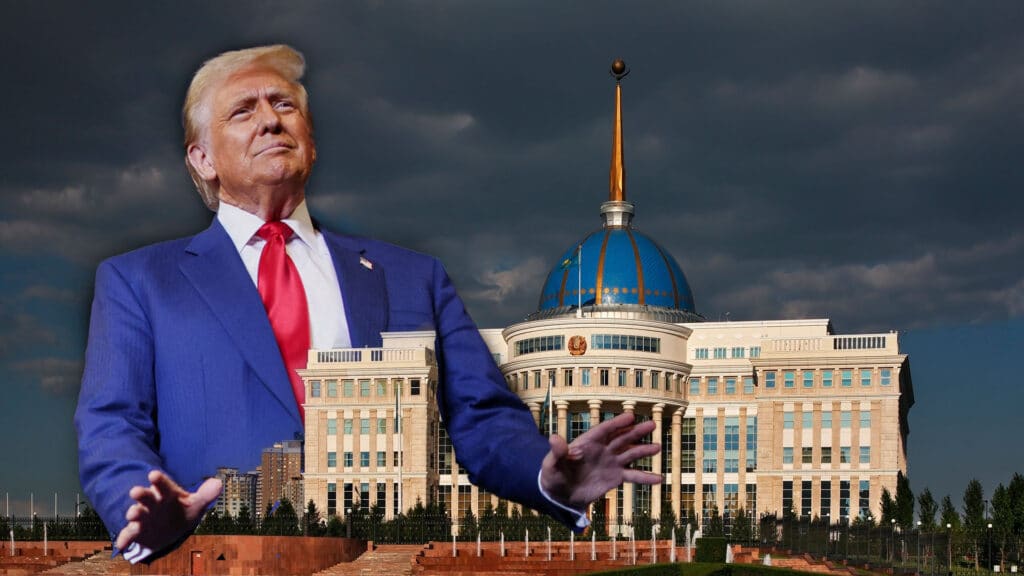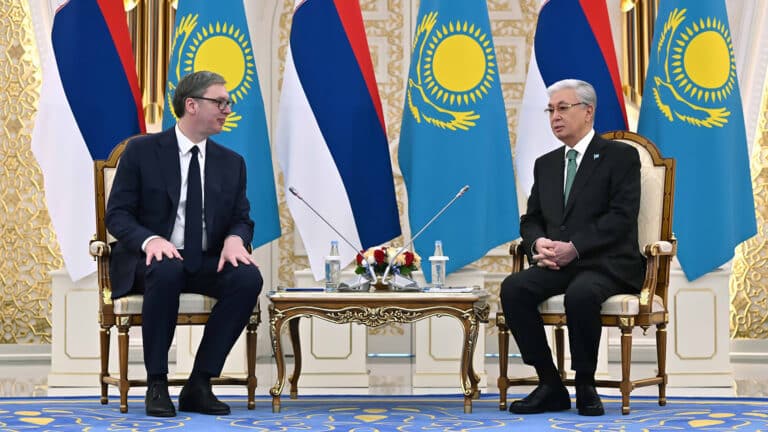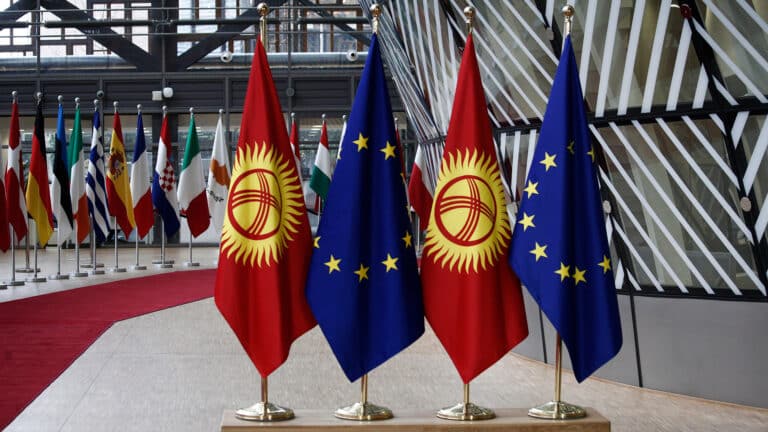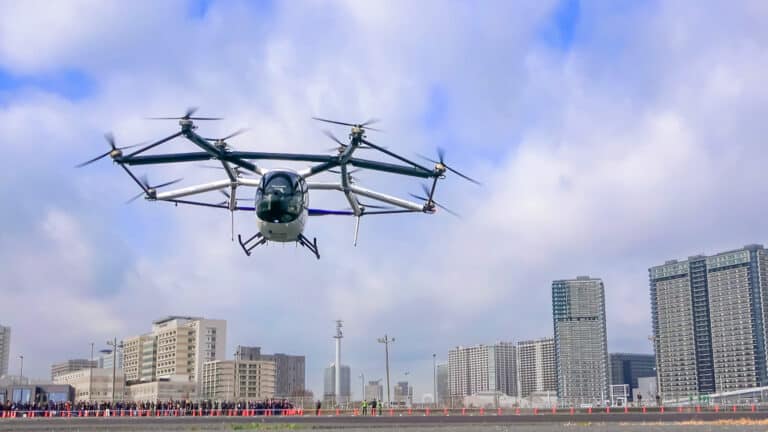
Donald Trump has been sworn in as the U.S. president once again on Jan. 20, 2025. Alibek Konkakov, an analyst at independent Kazakhstani media outlet Desht.org, highlighted that during Trump’s election campaign, he announced quite radical plans, literally catching an entire world economy off guard. The expert has summarized Trump’s agenda and outlined key ideas anyhow Kazakhstan.
According to Konkakov, with Trump in office, a new period of alignment in international trade conditions will take place. Trade wars that were postponed in recent years may now be revived under the new U.S. administration.
Kazakhstan is likely to be affected not only through the energy market but also by shifts in geography and dynamics of trade and investment flows. While trends such as reshoring, nearshoring and friendshoring have existed for some time, under Trump’s leadership in the U.S., they could accelerate the fragmentation of global trade along geopolitical rifts.
According to research by the McKinsey Global Institute, Central Asia’s role in global trade isn’t going to rise under this scenario. However, the region still has the potential to boost its participation in global production chains. However, to deliver on these opportunities, a comprehensive approach is required, including a sustainable process of investment attraction, trade promotion policies, infrastructure and human resource development and the creation of a positive institutional environment.
«Amid a complicated external market environment, Kazakhstan should focus its economic policy on strengthening internal factors. This primarily involves ensuring macrofiscal stability. Trump’s agenda could serve as a benchmark, emphasizing the optimization of budget expenditures by improving their targeting and eliminating overspending in the execution of non-essential government functions,» Konkakov stated in his article.
The analyst also recommended exploring the possibility of adapting approaches used by the U.S. administration in terms of economic deregulation. Kazakhstan has already implemented the «one-in, two-out» principle, and further reduction of regulatory burden would send a strong signal to both domestic and foreign investors. Such measures would demonstrate the flexibility of Kazakhstan’s economic policy and its commitment to fostering an attractive investment climate.
Additionally, Konkakov believes that in the backdrop of a potential deceleration of the global climate agenda, Kazakhstan should take a pragmatic stance when addressing this issue.













